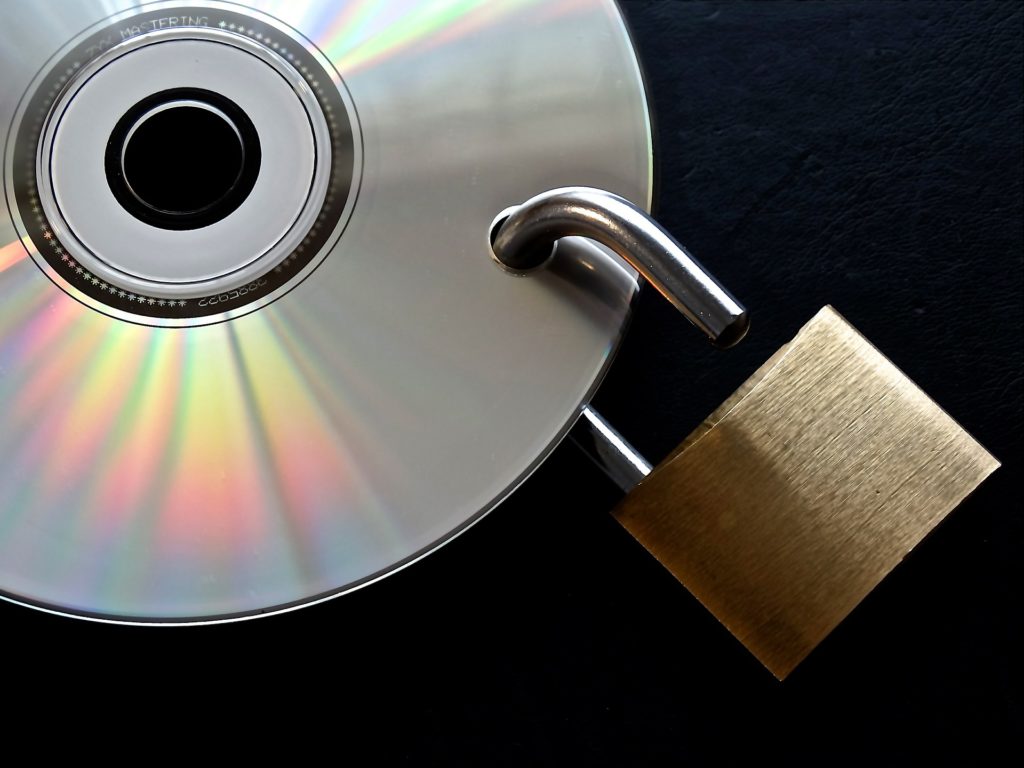
Today, the Library of Congress adopted exemptions to section 1201 of the Digital Millennium Copyright Act (DMCA) that prohibits circumvention of technical protection measures. As a part of this rulemaking process, Authors Alliance petitioned to renew the existing exemption that allows authors to bypass encryption to make fair use of film clips in nonfiction multimedia e-books offering film analysis, and we additionally advocated to modify the exemption to allow for the use of film clips in e-books for purposes other than film analysis and in fictional works.
We are pleased to report that the Library of Congress renewed the existing multimedia e-book exemptions and expanded the exemption to all nonfiction multimedia e-books (that is, the exemption is no longer limited to multimedia e-books offering film analysis). The Acting Register of Copyrights found that examples presented in our comments showed a variety of uses of short excerpts in nonfiction multimedia e-books to provide criticism or commentary beyond film analysis and also found that the brevity and transformative nature of the proposed uses favor an exemption because these uses are unlikely to substitute for the original work. The Acting Register concluded that an expansion to all nonfiction multimedia e-books is unlikely to harm, and may increase, the availability of copyrighted works and that the proposed uses will facilitate criticism, comment, teaching and/or scholarship.
The Acting Register declined to recommend to expand the exemption to cover fictional e-books, finding that the record lacked sufficient evidence demonstrating a need to expand the current exemption. We are disappointed that the Copyright Office and the Library of Congress passed on the opportunity to extend the exemption to authors of fictional multimedia e-books, such as fanfiction authors, whose transformative expression fits within the fair use doctrine.
We are grateful to the student attorneys and their supervisors at the Intellectual Property, Arts, and Technology Clinic at UC Irvine School of Law and the Samuelson-Glushko Technology Law & Policy Clinic at University of Colorado School of Law for their work supporting this exemption.
Stay tuned for additional analysis of the 1201 rulemaking for multimedia e-books from the student attorneys at UC Irvine and Colorado Law.
Discover more from Authors Alliance
Subscribe to get the latest posts sent to your email.
